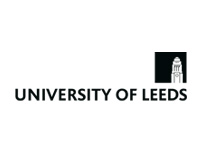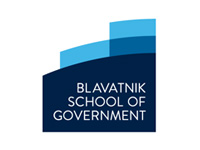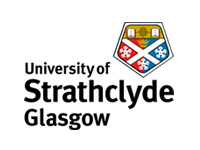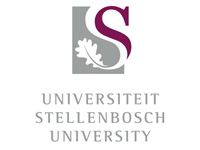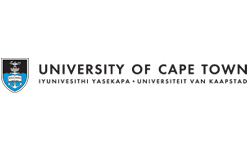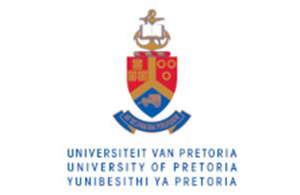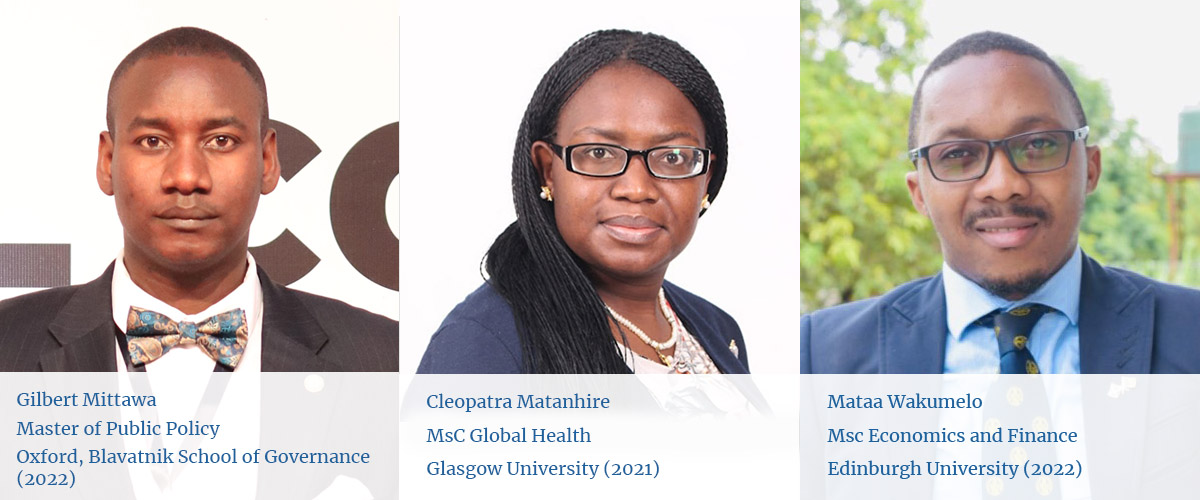
Beit Trust Postgraduate Scholarships
In 2024, the Trust awarded 21 Scholarships at British and South African universities, by means of generous academic partnerships with leading institutions.
Beit Trust Scholarships are for Postgraduate degrees only. We do not provide scholarships for undergraduate work and our postgraduate focus is on Masters Degrees.
We do not offer scholarships for Ph.D. research ab initio. Only under exceptional circumstances, and for Beit scholars of outstanding merit, will the Trustees consider extending support to Ph.D. level.
The next round of Beit Scholarships to be awarded is for the academic year beginning September 2025 for universities in the UK; and January 2026 for universities in South Africa.
The application process will open 23 September 2024.
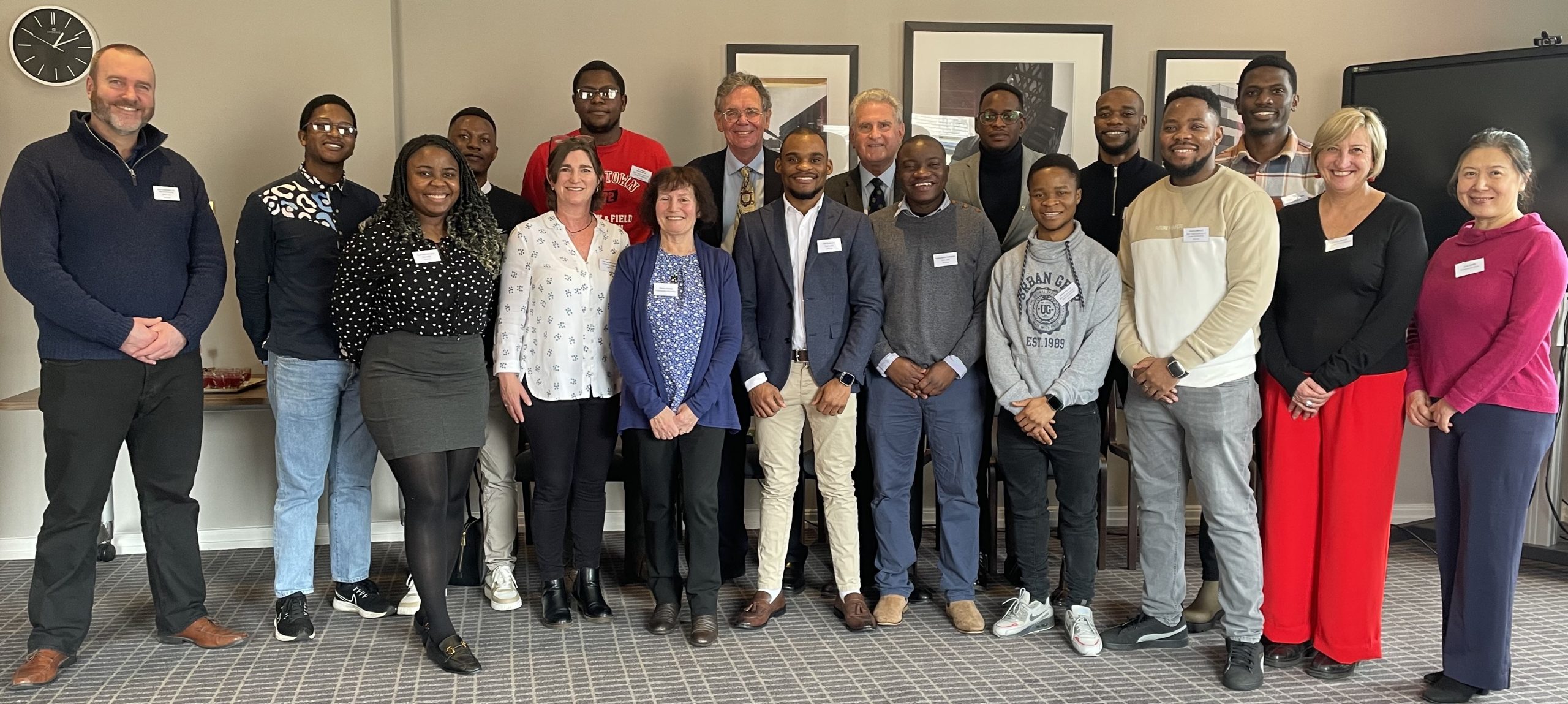
Beit-Leeds Scholars, past and present; the Chairman and other Beit Trust members; and Leeds University staff: Leeds, March 2024
Eligibility Requirements
Please read this section carefully. It will have a material effect on how your application is sifted and therefore on your chances of obtaining a Beit Scholarship.
By Act of Parliament, the Beit Trust supports ONLY applicants who are nationals of Zambia, Zimbabwe or Malawi, who are permanent residents, live there and/or intend to return to their country after their studies.
The following criteria are all considered when assessing your application:
- Academic Capability: we look first at those with a Distinction or Merit (Upper Second Class) in their undergraduate degree. Those with Lower Second Class or Credit/Pass degrees, while not ineligible to apply, will struggle to beat the competition. We understand, however, that some medical degrees are not graded in this way.
- Those who already hold a postgraduate degree are likely only in the most exceptional cases to be considered for a Beit Postgraduate Scholarship. The Trust usually decides to offer the opportunity to worthy candidates who do not already have a postgraduate qualification.
- Professional Work Experience: important in the award of a scholarship. This should be relevant to the proposed field of study. As a guide, at least three years’ work experience, backed by a positive employer’s reference, can boost an application. The Trust values work experience in itself, but also as an index to leadership potential in your chosen field.
- Voluntary Work: our application form asks about this, as evidence of pro bono engagement with your community. This is not however essential, and is not in itself a sufficient alternative to professional work experience.
- Leadership Qualities: these are important to the Trust, as an indication of your ability to contribute to economic and social uplift, to the benefit of the people of your country.
- References: these help us make a rounded assessment of you on paper. Referees are most effective when they can point to evidence-based examples of leadership, achievement and professional potential beyond the ordinary.
- Relevance of your course of study: the Trust’s focus is on developmental academic disciplines: i.e. those which contribute to the advancement of Zambia, Zimbabwe and Malawi in fields such as medicine, health, engineering, education, economic growth, agriculture and conservation. These categories are not exhaustive. If you have a question about the developmental nature of your degree choice, please email us before applying at scholarships@beittrust.org.uk
- The Trust does not consider applications for MBAs.
- Return to your own country: your stated willingness to do this is important.
- Choice of university: you must apply only within our partner universities, listed in the next section. Applying for more than one provides a better chance of selection.
- Doctors and Vets should have completed 18 months of internship and at least a one-year posting in country. Experience in rural practice is especially welcome.
- The Trust cannot consider applications from those who have already begun a course.
Beit Joint University Partnerships
The Beit Trust has partnership agreements with the universities below. This enables the Trust to share costs, and to increase the number of scholarships it can fund. For this reason, only applicants with acceptances from the universities listed below will be eligible for Beit Trust Scholarships. Applicants must first apply to, and be accepted by, a Beit Partner University before applying to the Trust for a scholarship.
The universities offer a one-year taught Master’s in the UK; and a two-year taught Master’s in South Africa. Both have a research dimension and the applicant must have obtained Honours (First or Upper Second or equivalent) at undergraduate level.
The following partnerships allow us to award joint scholarships: e.g. Beit-Cambridge, Beit-UCT, etc., and may change from time to time.
Please note that applications to St Andrews are for Computer Science only; while applications to Strathclyde are for Engineering disciplines only.
The Trust is pleased to announce a new partnership with the University of Pretoria for the new South African academic year beginning January 2025.
What does a Beit Trust Postgraduate Scholarship Cover?
- Fees, tuition costs and related academic expenses. These are paid by the Trust direct to the Partner Universities.
- A personal allowance, index-linked in accordance with guidance from an independent authority, covering maintenance support.
- Other allowances are paid for arrival, a laptop and departure.
- Economy Class tickets are provided for the initial journey to the place of study, and on final return.
- No allowances can be paid for spouses and other family members or dependants.
How to apply for a Beit Postgraduate Scholarship
For UK Partner University applications:
- Make your application for admission directly to one or more of the Partner Universities listed above, and only to those universities. Please apply via their websites, which will guide you.
- Notify the relevant university, where applicable, that you will be approaching the Beit Trust for scholarship funding.
- As long as the course/s you wish to pursue are available, you may apply to more than one Partner University at a time. Indeed, we recommend you do so, to increase your chances of acceptance, and to broaden the scholarship opportunities available.
- Once you have an offer from your chosen Partner University, you should apply as early as possible to the Beit Trust for a scholarship.
- Your application, with all the supporting documents, must be uploaded via the Scholarship application link.
- You need three referees: Academic, Character and Employer (as appropriate). They have separate and individual forms, the link for which must be forwarded to them by you, the applicant. The link becomes available once you have submitted your scholarship application form electronically.
- We prefer referees to use the link provided in the application form. If, however, they can only provide their reference by email, please forward them the relevant forms, which you can download below.
Download Academic Reference Form – Download Character Reference Form – Download Employer Reference Form
The completed forms must be returned directly from the referee via email to scholarships@beittrust.org.uk
For South African Partner University applications:
Due to the South African University application process opening after our Scholarship application deadline of 7 February 2025, we will accept scholarship applications for South African Universities for the year 2026/2027 without a confirmed offer.
Please follow steps 3 to 7 above. Where you are asked to upload your university offer letter, please provide instead the details of the courses and universities that you will be applying for, in PDF format. Your scholarship application will then be considered alongside the applicants for UK universities, as part of the same entry year cohort.
The Trust will sift your application as part of our selection process. If you are successful and shortlisted for an interview, you will go to the relevant Beit Trust national scholarship board.
If you are then offered a scholarship from the Trust – and not all those selected for interview receive an offer – you will then need to apply for entry to a South African Partner University (as set out in our website). You may indicate in your application that you have been awarded a Beit Scholarship.
Should you get an offer, we ask that you submit it to us as soon as you receive it. Should you not be successful in obtaining an offer, the scholarship will not, unfortunately, be available to you.
- The Trust will shortlist the most qualified for interview by our national scholarship boards in Zambia, Zimbabwe and Malawi. The boards sit during April each year.
- Resources are limited and the scholarship process competitive. Not all those interviewed will be selected for a Scholarship.
- But an interview is essential to selection. Please ensure that you are able to attend in person and in country of citizenship if you are invited to an interview.
- The Trust will notify those selected for interview of the date, time and place.
- The Trust will give particular weight to those who have:
- – work or other professional experience;
- – demonstrated a capacity to become leaders in their field;
- – chosen a degree of direct and practical relevance to the development of their country;
- – stated an intention to return to their country at the completion of their degree.
The deadline for application for a Beit Trust Scholarship for UK and South African Universities is 7 February 2024.
The application process will open 23 September 2024.
Documents needed to submit with your application
Please ensure you have all the documents below ready to upload electronically. Once you start the application process, you must complete it, as you will not be able to save answers and return to it later. You will, however, be able to scroll through the form before you begin to fill it in.
You will be required to upload the following documents with your application:
- A signed Medical Certificate Form from your doctor. This will need to be completed before you begin the application process below. Please download the form here: Medical Certificate Form
- A copy of your offer letter from a UK Partner University/s; or a PDF document detailing the university/s and course/s you will apply to at a South African Partner University/s.
- Degree results (incl. certificates of importance and full transcripts).
- Curriculum Vitae (CV).
- A personal statement to explain in your own words (no longer than 250) how you think a postgraduate degree will benefit your country and its development.
- A clear recent photograph of yourself: not a passport photo, but something that shows you to your best advantage.
- A clear copy of your valid passport, showing date of issue and expiry. Please ensure it is valid for the duration of your proposed studies; and that sufficient blank pages are available to accommodate visa and travel stamp requirements.
The application deadline is 19 February 2024.
We strongly recommned that you submit your application as much before the deadline as possible.
FAQs – Beit Scholarship Applications
A Masters Course is academically demanding, and the Beit Scholarship process is competitive. Our Scholars must be equipped to cope with a rigorous workload whilst studying in a foreign country. That said, every application received will go through the same sifting process and be read thoroughly and completely. There will be occasions when a strong and relevant work record and employer’s reference will add substance to a degree that is not a Distinction.
A two-year graduate work visa recently became available in the UK, which gives our scholars the opportunity to obtain valuable work experience, which should enhance their prospects of employment on return to their countries, and boost their capacity to contribute to national development. We support these applications provided the scholar enters into employment relevant to their academic background and/or profession; and that they intend to return home on completion of the visa to deploy the skills and knowledge they have acquired. This latter conditionality is fundamental to the Beit Scholarship programme.
Read what it says in the rubric on the scholarship application form. Less is more, and your Personal Statement should be no more than 250 words. What we seek is this:
- Why you think the discipline is important.
- How it will help develop your country.
- You may say something about why you were attracted to or qualified for the discipline, but the statement should be less about you and more about how it will benefit the county and its people.
- Stay on topic.
Ideally, we look for a balance of the two, but much depends on the specifics of the individual application. But an application without some relevant work experience would need to be academically outstanding to prosper.
We look for evidence of leadership potential in your academic or professional field, or via community engagement. This can manifest itself through activities which you have initiated, or in which you have demonstrated leadership/taken responsibility. Your referees’ feedback might highlight and describe such activities, and will carry weight. So will your personal statement, which should express a clear sense of how you consider your postgraduate degree will help you add value to your country’s development and the wellbeing of its people.
Any adult person, who is not related to you, who knows you in a personal capacity, and has done so for a reasonable time.
Preferable but not mandatory, depending on the merits of your application. See the answer to Q4 above.
Volunteer work that is or has been sustained, and which has added value for the people or communities involved, will receive its full weight in terms of consideration.
In some cases, you will be invited to reapply – perhaps after a further period of work experience. While we try to give feedback on unsuccessful applications, we are not always able to do so. Even if you are not specifically invited to reapply, all valid and complete applications will be accepted and go through the same sifting process. While there is no absolute rule as to how many times you can apply, if you have not been successful after a second time, and not specially asked to re-apply, it is probable that you will not eventually gain a Beit Scholarship.
We are looking simply for a statement that you are in reasonable health and fit enough to undertake and successfully complete a period of intensive study at a high academic level. Your local family doctor (equivalent to a General Practitioner in the UK) is sufficient, and there are no approved Beit doctors. You do not need to have the medical statement certified (e.g. by a Commissioner for Oaths), but the doctor’s signature and practice stamp is necessary.
This request is normally encountered in applications to Glasgow and Edinburgh (although not always). Please state that you will be applying for a Beit Trust Scholarship, which would be jointly funded by the Partner University to which you are applying. They have in the past then waived the demand for the upfront payment of a fee.
If you are shortlisted for interview only, and hold a conditional offer which includes taking an English Language Test, please alert the Trust at scholarships@beittrust.org.uk, as it may not be a requirement in the jointly funded partnership agreement with that University.





